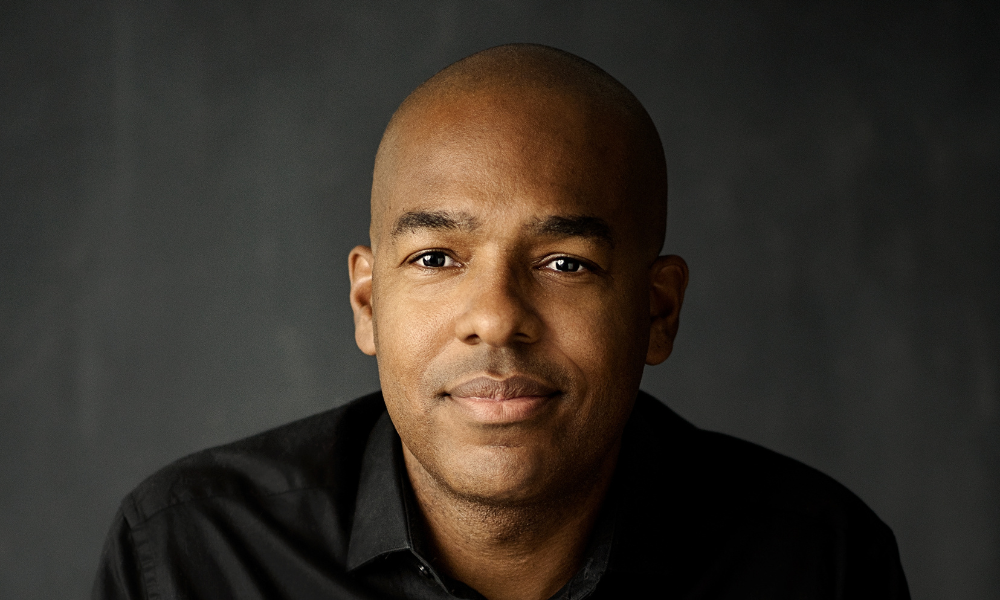Equifax finds rising debts and delinquency concerns among business owners; one advisor talks through what he’s been doing for his clients

Canadian businesses are dealing with rising debt levels. As the economy slows, a recently published Equifax report found that credit card debt for businesses rose 10.8% in Q3 of 2023. Total credit card debt for businesses has reached $5.4 billion as they come to rely more on credit. Delinquencies have risen too, up 3.4% from Q2 of 2023. Equifax sees these indicators as signs of growing financial stress and strain on small businesses.
Anthony Gordon is doing what he can as an advisor to help his small business owner clients. The certified financial planner at FiduSure Financial Inc. explains that he positions himself as his clients “CFO,” a core point of contact to help with all their financial needs. Moreover, he comes with a laundry list of skills and qualifications that can help small business owners facing difficult periods like this one. While helping a client with their business can blur some lines for advisors, Gordon thinks there is an opportunity for advisors to help small business owners navigate a recession.
“My context is ‘family inc.’ I treat families like businesses, so I never take my business hat off anyway,” Gordon says. “I treat the business like a budget sheet. The first time I sit with a client we go over every single line item. It’s not the most fun thing to do but if you go over every single item to make sure it’s grounded, and be certain it makes sense, you can eliminate a lot of things.”
Cost control is just one aspect of Gordon’s work with business owner clients. He tries to ensure they adopt the right mindset, especially in periods of downturn. If clients are focused on an idea of scarcity, rather than an idea of abundance, he believes they may make poor decisions. Controlling expenses line by line can help shift a client’s mindset away from scarcity. As can outlining all the possible opportunities out there for their business. Often the idea of a downturn can be worse for a client than the actual downturn they’re experiencing. By laying out costs and opportunities, they can switch to a more rational and abundant mindset that can inform a better decision for their business.
Accountability is a big part of achieving the right outcomes for business owners, Gordon says. When he works with business owners to prepare for downturns, he will schedule regular follow-up meetings to ensure they are staying on track. He also encourages them to renegotiate, be it debts or tenancy agreements, when things start to become onerous. He says that many are often surprised at the response when they ask. Even though he is trained as a business coach and lawyer and financial planner, Gordon also knows when the problems are beyond his scope of practise for him to handle as their financial advisor. In those cases, he regularly refers out to other professionals in his network, be they business valuators, coaches, accountants, or other lawyers. That network can be key to helping the client get the help their business needs.
Gordon highlighted the example of one small-business-owner client he is currently taking through this process. That client reached out to say their business was struggling. Gordon sat down with the client to lay out every cost and potential opportunity before their business right now. He also took time to understand the client’s overall goals for their business and had them write a mission statement that could inform how they run their business and plan for their family.
The client eliminated all the expenses they could before turning to creating various revenue-opportunities. Specifically, Gordon and his client focused on every decision the client could make that should make their business more money and has the client commit to a weekly 45-minute check-in with their team on the process. While the process is ongoing, Gordon believes that he has helped his client get on the right track just in time.
Gordon admits that a financial advisor giving business advice can open up some ambiguity in the client relationship. That’s why he tries to keep his business coaching work separate. When business owner clients come to him with issues, he tries to frame the business in the wider context of their family’s wealth and financial plans. Gordon is also a certified exit planning advisor (CEPA), which is a US-based training program focused on helping business owner clients exit their businesses. As he has that designation, he tells business owner clients that he will help them ensure their business is ‘exit ready’ at all times, because often a business exit is forced upon its owner by unforeseen circumstances. Those qualifications and that upfront expectation allows him to navigate the complex interplay between business and personal financial advice.
As advisors look to help more of their small business owner clients during this economic downturn, Gordon believes they can look for additional training and resources like the CEPA designation to help improve client outcomes. Perhaps the most important thing he believes an advisor can do, however, is build a network of other professionals who can help business owners now.
“If you are not at the place where you have capacity, you can team up with different advisors or different professionals,” Gordon says. “I create a network of professionals for my clientele, and I can introduce a person who can help in a client’s particular situation.”



